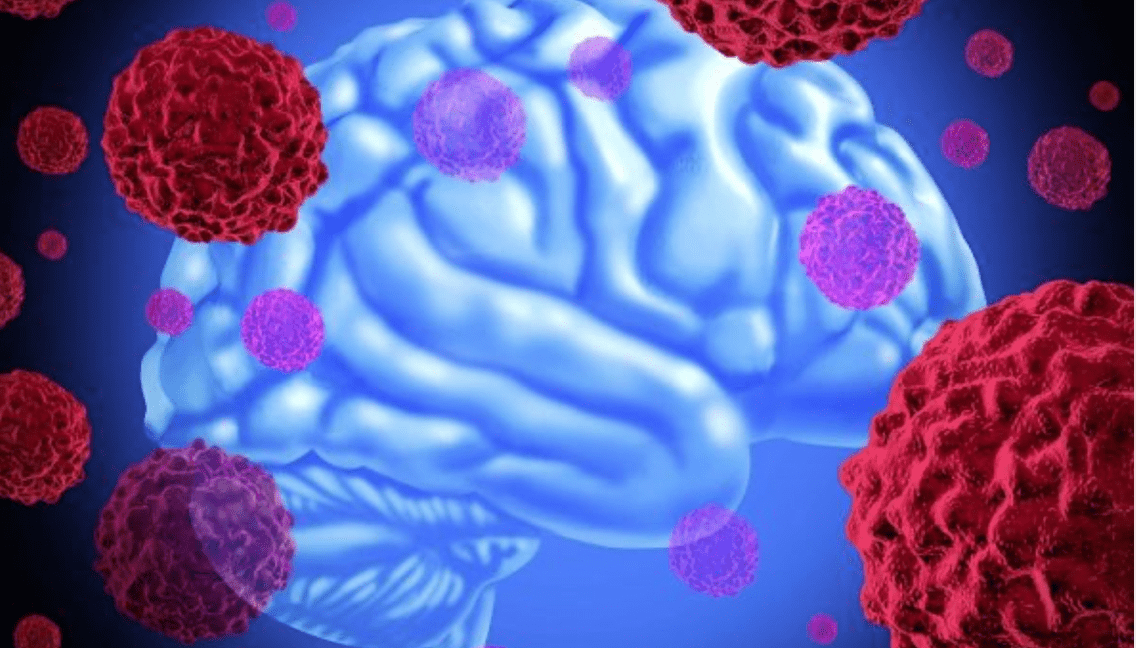-
 News
When glucose levels are low, chemotherapy ceases to affect cancer cells
News
When glucose levels are low, chemotherapy ceases to affect cancer cells
-
 News
Excessive treatment of prostate cancer in older men may reduce quality of life without increasing its duration
News
Excessive treatment of prostate cancer in older men may reduce quality of life without increasing its duration
-
 News
Brain cancer can be cured by viruses
News
Brain cancer can be cured by viruses
-
 News
Ways to reduce lymphatic pain in breast cancer have been found
News
Ways to reduce lymphatic pain in breast cancer have been found
-
 News
Scientists have turned bacteria into a powerful weapon against cancer
News
Scientists have turned bacteria into a powerful weapon against cancer
All news
Graves' disease treatment
Graves’ disease (synonyms: Diffuse toxic goiter) is a disorder of the immune system that leads to excessive production of thyroid hormones (hyperthyroidism). Although a number of other diseases can lead to hyperthyroidism, diffuse toxic goiter is the most common cause.
Thyroid hormones affect many body systems, so the signs and symptoms of diffuse toxic goiter can be extremely diverse. Although anyone can develop goiter, it is more common in women and people under the age of 40.
The main goal of treatment is to reduce the amount of thyroid hormones produced by the body and reduce the severity of symptoms.
When to see a doctor
Many medical conditions can cause signs and symptoms similar to those of diffuse toxic goiter. Consult a doctor at a domestic or foreign clinic if you have any problems that may be related to basal disease to quickly and accurately diagnose the disease.
If you have heart signs and symptoms, such as rapid or irregular heartbeat, or if your vision is impaired, seek emergency care immediately
.
MedTour patients recommend clinics for the treatment of Graves' disease:
Doctors for the treatment of graves' disease
Causes
Graves’ disease is caused by a malfunction in the body’s disease-fighting immune system. It’s unknown why this happens.
Normally, the immune system produces antibodies designed to fight a specific virus, bacteria, or other foreign substance. In Graves’ disease, for reasons that are not entirely clear, the immune system produces antibodies against part of the cells in the hormone-producing gland (thyroid) located in the neck.
Normally, thyroid function is regulated by a hormone released by a tiny gland at the base of the brain (pituitary gland). The antibody associated with Graves’ disease — thyrotropin receptor antibody (TRAb) — acts like the regulatory pituitary hormone. That means that TRAb overrides the normal regulation of the thyroid, causing an overproduction of thyroid hormones (hyperthyroidism).
Symptoms
Common signs and symptoms of diffuse toxic goiter include the following:
- anxiety and irritability;
- fine tremors of hands or fingers;
- sensitivity to heat, excessive sweating;
- weight loss despite normal nutrition;
- enlarged thyroid gland (goiter);
- changes in menstrual period;
- erectile dysfunction or decreased libido;
- frequent bowel movements;
- bulging eyes (ophthalmopathy);
- increased fatigue;
- thickened, red skin, usually on the lower legs or upper feet (dermopathy);
- rapid or irregular heartbeat;
- sleep disturbance.
Published:
Updated:









